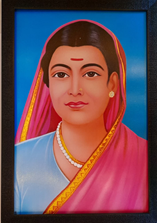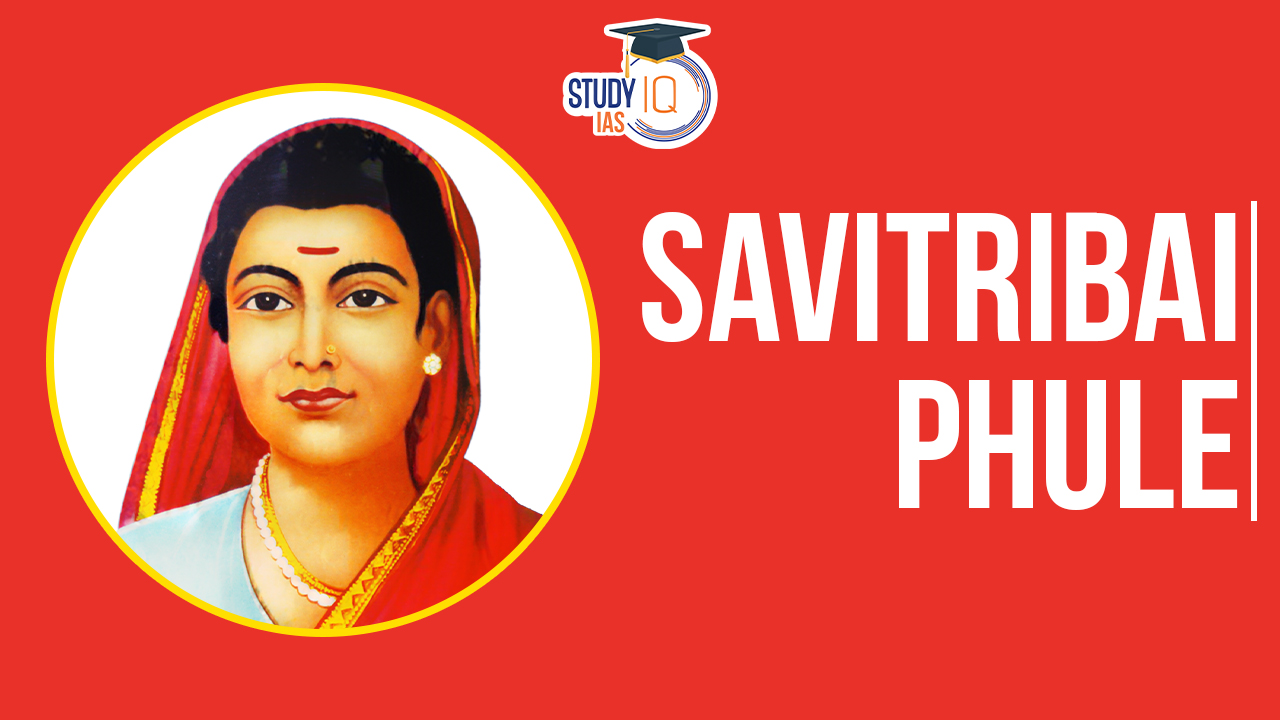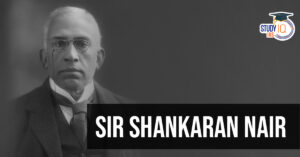Table of Contents
Savitribai Phule, the first female teacher of India, is celebrated as a trailblazer in women’s education and social reform. Born on January 3, 1831, in Naigaon, Satara district, Maharashtra, she remains a towering figure in Indian history. Her legacy is commemorated annually on Savitribai Phule Jayanti, observed as Women’s Education Day to honour her extraordinary contributions to women’s empowerment and education.
Savitribai Phule Jayanti
Savitribai Phule Jayanti is celebrated on January 3rd every year to honor India’s first woman teacher. Savitribai Phule was a social worker, poet, and teacher who fought for girls’ education and sparked a revolution in India. She was born on January 3, 1831, in a small village in Maharashtra’s Satara district. She married Jyotirao Phule and died in Pune on March 10, 1897.

Early Life of Savitribai Phule
Savitribai Phule was born on January 3, 1831, in Naigaon, a small village in the Satara District of Maharashtra. She came from a socially and economically disadvantaged family belonging to the Mali caste. At a young age, she married Jyotirao Phule, a visionary social reformer and activist, when she was just nine years old.
At the time of her marriage, Savitribai was illiterate, a common scenario for women in 19th-century India. However, Jyotirao, recognizing her potential and ambition, took on the task of educating her. He became her mentor and introduced her to formal education, which paved the way for her to become a teacher.
Educational Journey
Under Jyotirao’s guidance, Savitribai determinedly pursued her education. With the support of her friends Sakharam Yeshwant Paranjpe and Keshav Shivram Bhavalkar, she excelled academically and became the first female teacher in India.
Savitribai Phule’s Remarkable Contributions
Pioneering Women’s Education
Savitribai Phule, born in 1831, was pivotal in advancing women’s education in India. In 1848, she boldly established the first school for girls in Pune, challenging societal norms and paving the way for future generations of women to access education.
Fight Against Caste Discrimination
Teaming up with her husband, Jyotirao Phule, Savitribai actively fought against caste-based discrimination. They founded the Satyashodhak Samaj, a social reform organization aimed at dismantling the oppressive caste system, fostering equality, and promoting social justice.
Champion of Widow Remarriage
Savitribai advocated vehemently for the rights of widows, campaigning against customs that confined them to a life of deprivation. Her efforts aimed to secure the right of widows to remarry, challenging traditional norms that perpetuated their marginalization.
Social Reform Advocacy
Dedicating their lives to social reform, Savitribai and Jyotirao worked tirelessly to combat untouchability and uplift the lower castes through education and awareness campaigns. Their commitment to eradicating social injustices left an indelible mark on India’s history.
Literary Contributions
Beyond her activism, Savitribai was a prolific poet and writer. Her powerful poems addressed gender and caste discrimination, contributing significantly to Marathi literature and providing a powerful voice for the marginalized.
Death of Savitribai Phule
Savitribai Phule, a trailblazing social reformer, met her end on March 10, 1897, leaving behind a legacy of relentless advocacy for education and social equality. Her demise marked the conclusion of a life dedicated to challenging societal norms and fighting against oppression.
Savitribai passed away while bravely trying to protect a ten-year-old boy during an outbreak of the bubonic plague. This act of courage and selflessness exemplified her commitment to the well-being of others, even in the face of personal risk.
Savitribai Phule Legacy
Savitribai Phule’s legacy is etched in India’s history as a pioneering force in women’s education and social reform. Her establishment of the first girls’ school in 1848 challenged societal norms, setting a precedent for educational equality. Collaborating with her husband, Jyotirao Phule, she fought against caste discrimination, founding the Satyashodhak Samaj. Savitribai’s advocacy extended to championing widows’ rights, challenging customs, and promoting their remarriage. Her literary contributions addressed societal issues, enriching Marathi literature. Commemorated annually on Savitribai Phule Jayanti, her legacy remains a timeless inspiration for ongoing movements advocating for social justice, education, and gender equality in India.
Savitribai Phule Jayanti UPSC
Savitribai Phule Jayanti, celebrated on January 3, honors India’s first female teacher, born in 1831. A trailblazing social reformer, she founded the first girls’ school in Pune in 1848, defying societal norms. Alongside her husband Jyotirao Phule, Savitribai fought against caste discrimination, advocated for widow remarriage, and actively engaged in social reform. Despite facing poverty and discrimination, her resilience led her to enroll in a teacher’s training program. Savitribai’s legacy extends through her literary contributions and enduring commitment to education and social justice. Commemorated annually, her life remains an inspiration for ongoing movements promoting equality in India.


 List of Indian State Animals with their ...
List of Indian State Animals with their ...
 World Heritage Day 2025, Theme, Objectiv...
World Heritage Day 2025, Theme, Objectiv...
 Sir Shankaran Nair and Story of the Jall...
Sir Shankaran Nair and Story of the Jall...





















